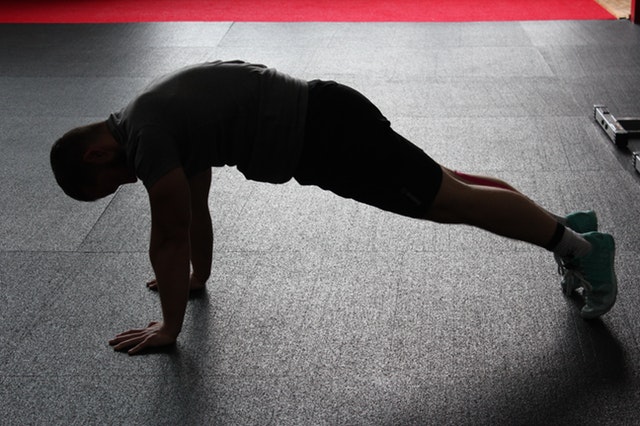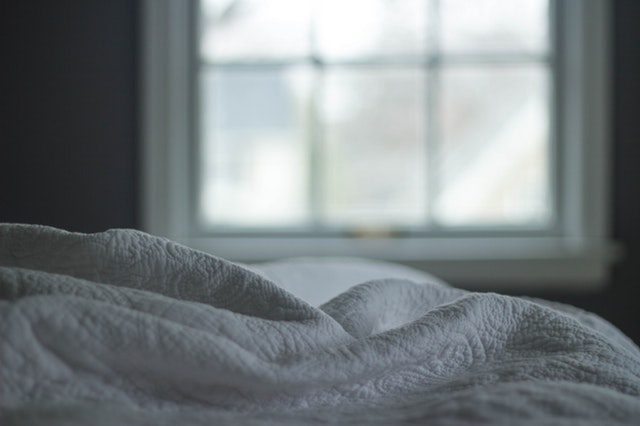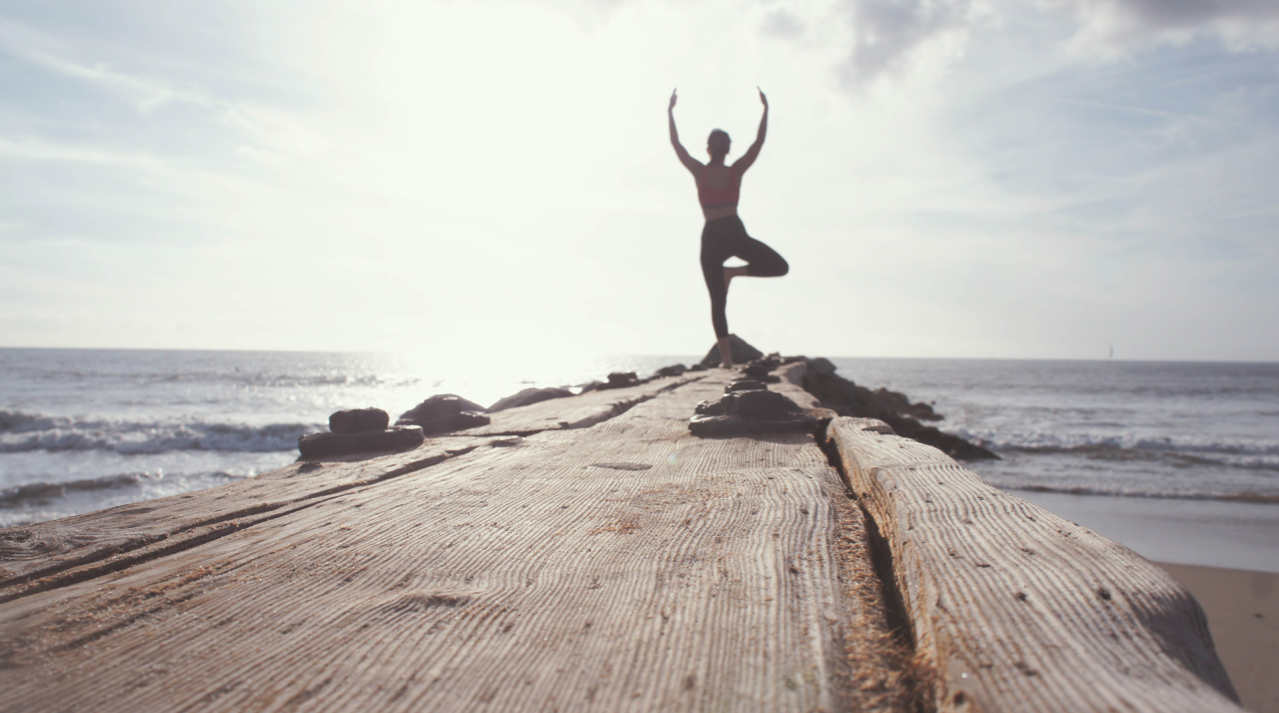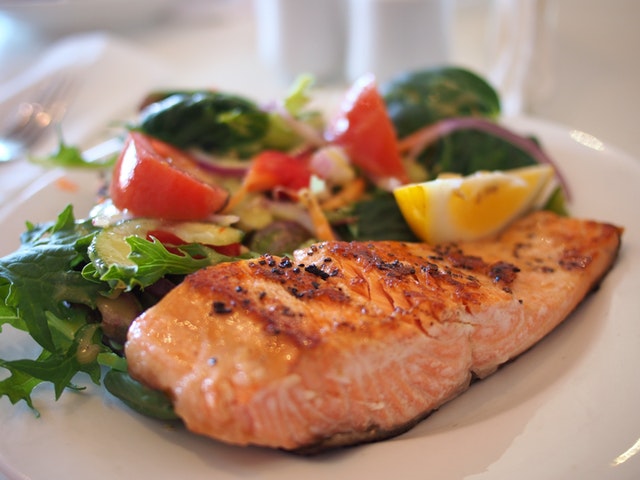As medical research progresses, it continually vouches that exercise is the ultimate bulwark against illness. A savvy way of detecting impending diseases and a countermeasure that can’t be outdone by any medical treatment or health supplement, regular workouts not only boost the body’s natural immunity, but also hones metabolic functions, so that the body’s various organs and systems function optimally. Find a form of exercise that pushes you. More importantly, find one that you enjoy, and reap the benefits that are very apparent among retired athletes and fitness professionals, who enjoy good health well into their old age.
- DAYLONG BURN
- THWARTING DISEASES
- FEELING BETTER
- TO THE DRAWING BOARD

One can reap tremendous benefits simply by raising his or her heart rate and homeostatic functions every few days. Plan short periods of high-intensity activity (catered to your individual physical capabilities, of course), which will only take a few minutes off your daily schedule, and your body will do the rest – these spikes in activity prompt the body to burn fat even during the time afterward when you are resting.
Short periods of maximum intensity activity have been proven to improve metabolic functions, which translate to fat being converted into energy at a constant level throughout the day. Dr. Suzanne R. Steinbaum notes that high-intensity cardio and lifting weights in particular boost metabolism and mood, as well as improve heart and bone health.
Short-burst workouts aren’t the be all and end all though – hour-long exercise sessions have their benefits too. Gradually raise your fitness by setting reasonable challenges and fitness goals for yourself, and your increased fitness will be visible via better muscle tone and functionality. Don’t forget to reward yourself heartily when you accomplish big goals – just don’t reward yourself with detrimental foods. Certain sports like martial arts are also based on the principles of self-discipline and moderation, which go a long way in forging positive eating and lifestyle habits that ensure a healthier and happier life.
“When I was a kid, I suffered from growth hormone deficiency. Because of this, my doctor advised that I pick up a sport as a hobby, this is how I came across Brazilian Jiu-Jitsu,” comments two-time No-Gi Brazilian Jiu-Jitsu World Champion Bruno Pucci. “As soon as I had my first class, I was hooked. Training every day really helped my body develop, and along with the medication I was taking, Brazilian Jiu-Jitsu helped me beat the disease and become healthy.”
“The biggest misconception is that it’s too late to get started on a healthy exercise routine once you hit your 40s,” shares Ms. Victoria Cheng, a presenter and food writer of her own platform Gastronommy. “Not only is exercise good for the body, I also vouch for its huge benefits toward mental health,” she encourages.
Ms. Cheng took cue from her quinquagenarian mother’s active lifestyle, who runs long-distance races and enjoys a clean bill of health today just like her Adidas ambassador and boxing coach daughter. “After my dad started becoming more active, it helped with his coordination, physique and posture. Working out also helps you maintain a healthy balance and production of important hormones.”
“Exercise has been shown by study after study to improve your health, well-being and quality of life,” adds Mr. Ray McGregor, who is the founder and executive director of Gym n Tonic, a boutique gym that specializes in quality personal training. “Health-wise, it improves your body composition, mobility and strength. It reduces your risk of serious illnesses such as heart disease and diabetes and also assists in slowing the ageing process."
- DAYLONG BURN
- THWARTING DISEASES
- FEELING BETTER
- TO THE DRAWING BOARD
Thwarting Diseases

Insomnia is often rooted in congestion and inefficiencies in the respiratory system. The fitter you are, the better you will breathe and the better you will sleep, agree most fitness experts, although exercise during the few hours leading to bedtime is not recommended. Regular exercise helps your blood vessels retain their elasticity and avoid blockages, while strengthening the heart, which like any other muscle needs frequent training.
“Studies found that after four to 24 weeks of exercise, adults with insomnia fell asleep more quickly, slept slightly longer, and had better sleep quality than before they began exercising,” notes the National Sleep Foundation in Arlington, Virginia.
Furthermore, the liver and kidneys benefit from these metabolic spikes caused by exercise, as any backlog of metabolic waste is naturally removed, including old damaged cells that make way and stimulate the production of new cells. Exercise also uses up blood sugar and encourages the optimum function of naturally produced hormones insulin and glucagon, all of which contribute to the decreased susceptibility of one to diabetes.
- DAYLONG BURN
- THWARTING DISEASES
- FEELING BETTER
- TO THE DRAWING BOARD
Feeling Better

Many of us suffer recurring aches as we enter our middle age. However, as exercise encourages good posture and range of motion, it just might be the salvo that you’ve been praying for. Activities like yoga, especially, emphasize good posture, flexibility and mobility, and stretch out muscles that have 'gone to sleep' and might be the cause of your aches.
Besides encouraging the rejuvenation of the bones and joints of an inactive person, exercise also endows one’s musculoskeletal structure with robustness. The body adapts to high-level activity by healing faster, producing more efficient tissue and healing minor injuries with hardier matrices. You’ll be less prone to mechanical injury thanks to the two-pronged benefits of better alertness and increased physical durability.
As the body benefits from the strengthening of major and minor muscle groups, common colds and flus are also countered by an increased immunity. Furthermore, a healthier immune system comes hand in hand with increased endorphin production, which translates to better moods and mental health.
“The endorphins produced by exercise are good for you and can be addictive,” Ms. Cheng remarks.
Her sentiments are echoed by Mr. McGregor, a certified personal trainer, fitness nutritionist and weight management specialist: "Its benefits in reducing stress and the production of endorphins also contribute greatly to our overall well being," adds the
“The recommended amount of exercise a week is 150 minutes of moderate-intensity cardiovascular activity," chimes Dr. Mark Lim, a family physician with Northeast Medical Group. "Aside from the benefits in weight loss and maintaining skeletal muscle mass, exercise helps prevent cardiovascular diseases such as hypertension and diabetes, has been shown to help improve mood and sleep, and testosterone levels," he remarks in agreement.
“I recommend setting a target for yourself while at it, whether it be weight loss, healthier blood pressure target or blood sugar control. Once you reach your goals, you don’t need to adhere too strictly to the 150-minute minimum.”
- DAYLONG BURN
- THWARTING DISEASES
- FEELING BETTER
- TO THE DRAWING BOARD
To the Drawing Board

When designing an exercise routine for yourself, any physical trainer will emphasize that form and knowledge come first. Concentrate on doing the exercises right and safely, so as to maximize your time invested, and read up as much as you can, or better yet, hire a personal trainer whose wisdom and experience you can tap on.
With each exercise, understand the muscles that the repetitions are working and focus on activating them, as this practice goes a long way. “Form is of utmost importance,” warns body recomposition specialist and Gold’s Gym co-founder Mr. Chung Tze Khit. “Focus on form to ensure that you get good results and prevent injury.” Warming up is important, but new research has shown that warming down is even more crucial in preventing injury.

“Heavy weights with good form is good, but weights that are too heavy is always a bad idea,” Mr. Chung says. Don't be too ambitious with the weights and sets you attempt. Remember that time recovering from injury is time lost and a step back in your fitness journey, so push yourself. Pushing yourself is paramount in harnessing the benefits of exercise, but at the same time, know your limits, he elaborates.
As you gradually discover the joy and rewards of working out, shorten your rest interval times, because increasing your endurance and improving your anaerobic respiration (your body's ability to respire with short of oxygen) will also improve how well you feel on a daily basis. Take a day off if you are injured, but not if you are tired, because this method of reducing the time your body takes to recover will endow you with a stronger and less injury-prone physiology.

Eating right simultaneously is vital, so consult a dietitian to understand what you should be cutting out and what you should be eating more of, which are dictated by your individual body's needs and fitness goals. “Choose your types of training with your training goals in mind,” Mr. Chung advises.
Also, it's always a good idea to mix it up. Attempt different sets, with different reps and different speeds, and even different exercises and different activities. 'Shock' your body, experts recommend, because doing the same thing every day will let your body get complaisant, burn less fat and not get fitter, and also because you'll stay motivated if you enjoy your forms of exercise.
“Using different ranges of repetitions can help target different types of fibres in your muscles and also achieve different kinds of hypertrophy (muscle growth),” Mr. Chung adds. “With my years of experience, I must say that consistency in training is one of the most important factors when it comes to achieving success. If you add a regular exercise plan to your lifestyle, your body will thank you for it.”
Plan your schedule – a good-looking and healthy body is a serious commitment – and plan your meals, which might involve cooking them yourself or engaging a healthy meal caterer, so that you won't have any excuse to cheat with unhealthy food. Set goals for yourself, which can include a diary that allows you to look back on what you did right and what you could have done better. Better yet, book a photo shoot for yourself so that you have expectations and a time frame to manage. Lastly, motivate yourself by keeping in mind who you are doing this for, be it your family, the people you lead at work or simply for your self-esteem.
Dr. Lim says, "If you are not exercising regularly and would like to start, a simple self-administered questionnaire such as PAR-Q (Physical Activity Readiness- Questionnaire) can help you gauge if you need a physician's review before embarking on your journey toward better health."










 Back
Back
